Introduction:
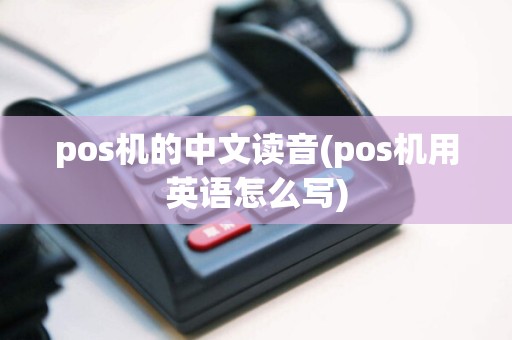
In today's globalized world, it is essential to know the English translation of various terms, including "POS machine." A POS machine, which stands for Point of Sale, is a device commonly used in retail stores, restaurants, and other businesses for processing transactions. Whether you are traveling abroad or working in an international company, knowing how to write "POS machine" in English can be incredibly useful. In this article, we will explore the different ways to write "POS machine" in English and provide some additional information about this important device.
1. POS Machine
The most straightforward and commonly used way to write "POS machine" in English is simply "POS machine." This term is widely recognized and understood by people in the retail and business sectors.
2. Point of Sale Terminal
Another way to express the concept of a POS machine is by using the term "Point of Sale Terminal." This phrase is more formal and can be used in official documents or when referring to the device in a more technical context.
3. Sales Terminal
In some cases, you may encounter the term "Sales Terminal" when referring to a POS machine. This term is less commonly used but can be a suitable alternative, especially in industries where the focus is more on sales rather than the specific point of sale process.
4. Transaction Processing Unit
A more technical term for a POS machine is "Transaction Processing Unit" or "TPU." This term emphasizes the primary function of the device, which is to process transactions.
5. Cash Register
Although not a direct translation, "Cash Register" is another term that is often used to refer to a POS machine. This term is more commonly associated with traditional cash registers but is still widely recognized in the context of modern POS systems.
Additional Information about POS Machines:
Now that we have explored different ways to write "POS machine" in English, let's delve into some additional information about this device:
1. Functionality: A POS machine is designed to process various types of transactions, including sales, returns, and payments. It can also generate receipts, manage inventory, and provide detailed reports on sales and customer data.
2. Types: There are several types of POS machines available, including countertop units, mobile devices, and integrated systems. Each type has its own advantages and is suitable for different business needs.
3. Integration: Many POS machines can be integrated with other business systems, such as accounting software, customer relationship management (CRM) systems, and inventory management tools. This integration allows for streamlined operations and improved efficiency.
4. Security: Security is a crucial aspect of POS machines. Modern POS systems are equipped with features like encryption and secure payment gateways to protect sensitive customer information and prevent fraud.
5. Cost: The cost of a POS machine can vary depending on the features, brand, and vendor. It is essential to consider your business needs and budget when selecting a POS system.
Conclusion:
In conclusion, "POS machine" is the English translation for "POS machine," which is a vital device used in retail and other businesses for processing transactions. There are several ways to write "POS machine" in English, including "POS machine," "Point of Sale Terminal," "Sales Terminal," "Transaction Processing Unit," and "Cash Register." Understanding the different terms can help you communicate effectively in various business contexts. Additionally, knowing the functionality, types, integration capabilities, security features, and cost considerations of POS machines can help you make informed decisions when selecting a system for your business.


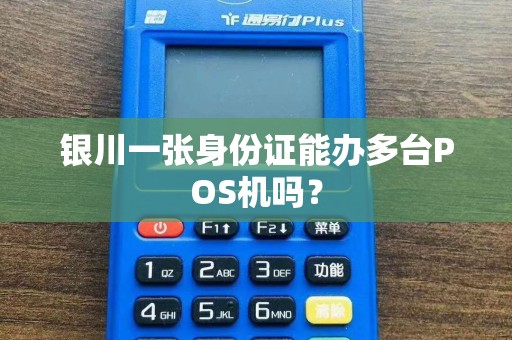
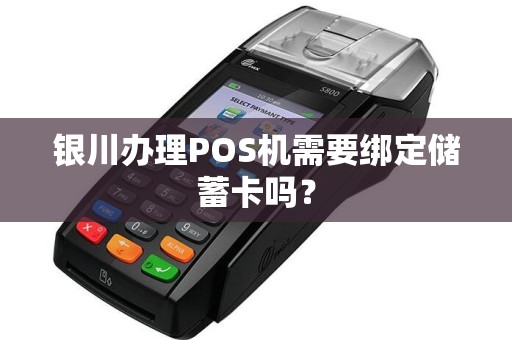
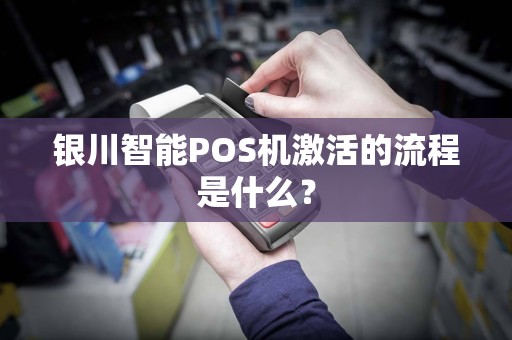
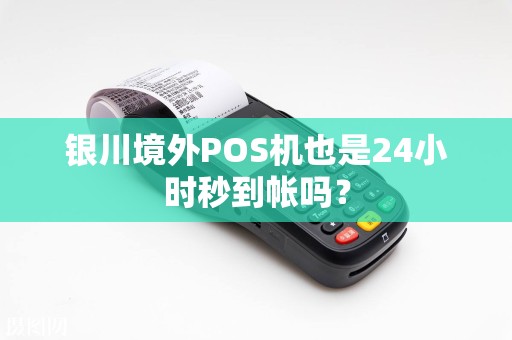
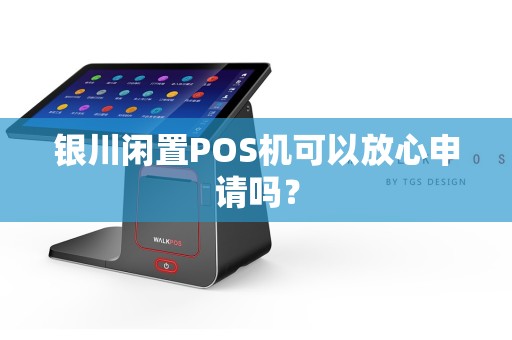
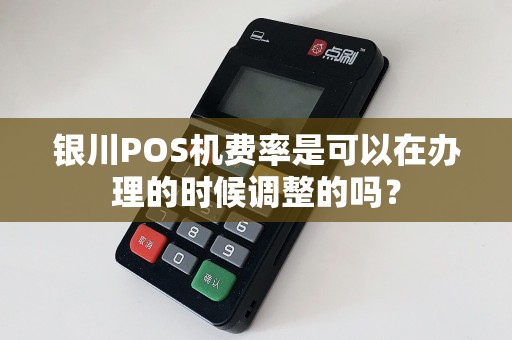
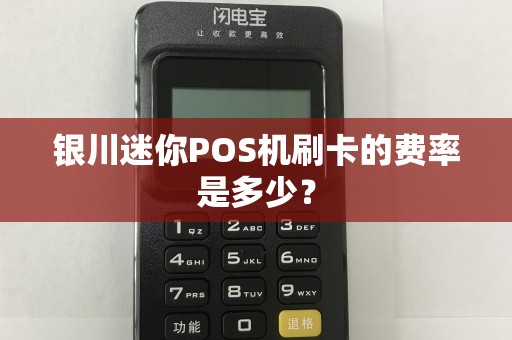
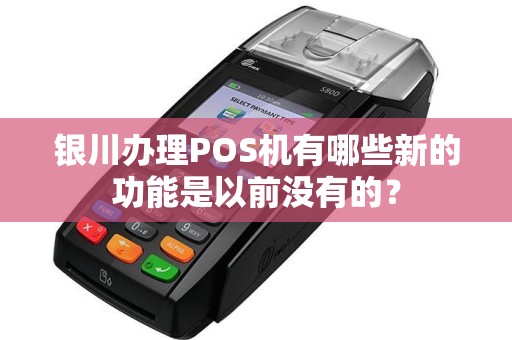
发表评论